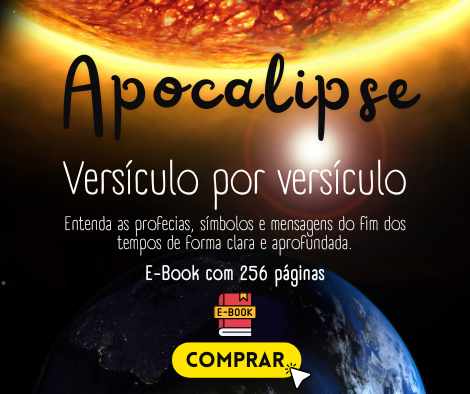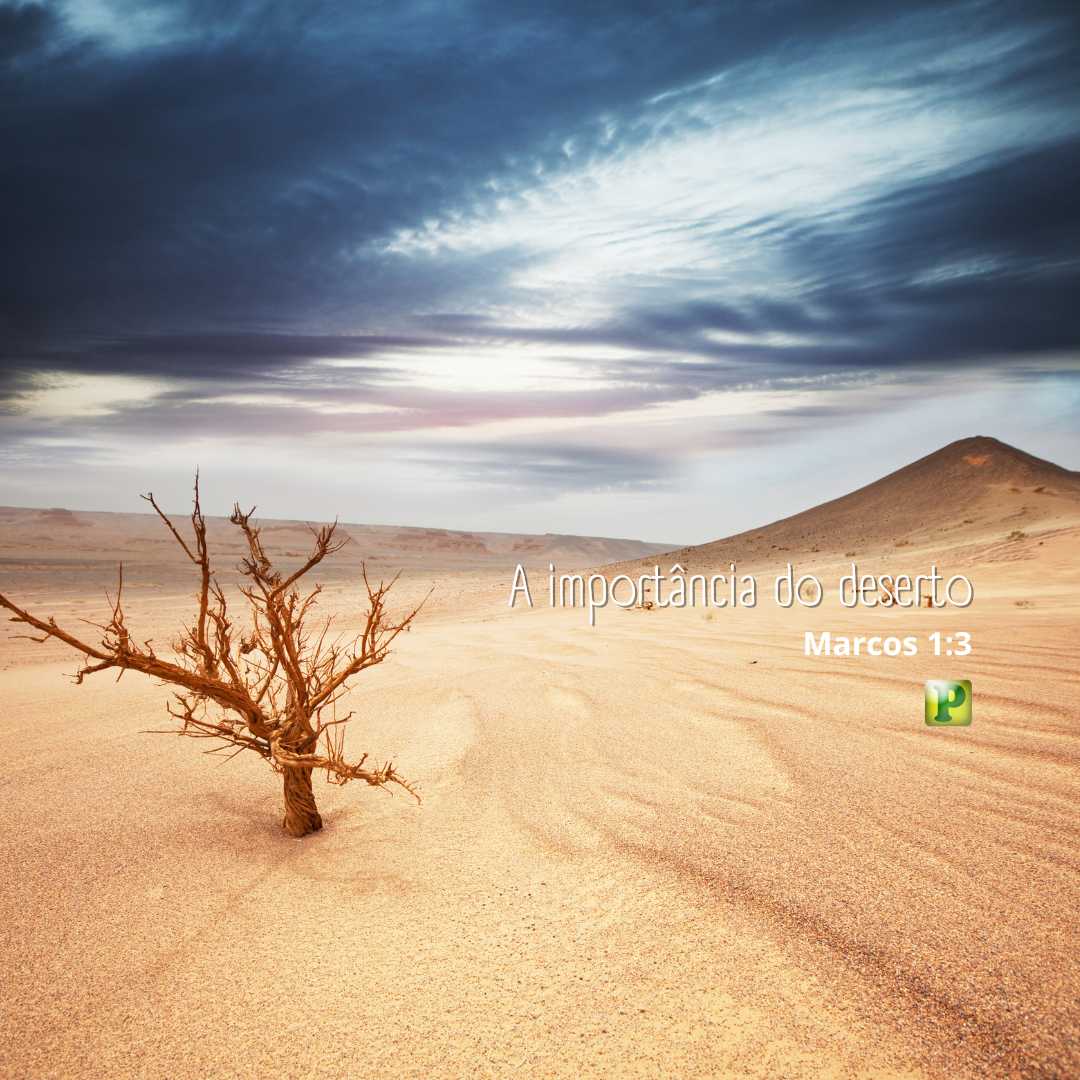The paralytic at the pool of Bethesda
Preaching Outline on John 5:6-8 – “When Jesus saw him lying there, and knew that he had been in this state for a long time, he said to him: Do you want to be made whole?”.
Introduction to John 5:6-8
In this verse, we find a great experience of healing and salvation. Jesus approaches a man who had been paralyzed for 38 years, by the pool of Bethesda. Jesus’ question, “Do you want to be made well?” is not just an inquiry about the man’s physical health, but an expression of God’s grace and mercy. Grace is offered without merit, without requiring human effort. It is an invitation to transformation, to complete restoration, which can only come from God.
The pool of Bethesda: the house of mercy
The pool of Bethesda was a place known for its reputation for healing. The churning water was a symbol of God’s mercy on that place and the lives that were there. But what does Bethesda mean? The word Bethesda, translated from Hebrew, means “house of mercy”. It was a place where many waited for a miracle, but only one, from time to time, was healed when the water was stirred up. This shows us that God’s mercy, although present, was limited by the human understanding of the time. Healing depended on an external movement, a supernatural intervention, but it was still something distant and inaccessible to many.
The offer of salvation by grace
When Jesus approaches the paralyzed man, he asks a seemingly simple question: “Do you want to be made whole?”. This question is much more than an offer of physical healing; it is an offer of salvation by grace. Jesus doesn’t ask if the man deserves to be healed, if he has met any conditions or if he has anyone to help him. God’s grace does not depend on human merit. It is offered freely, as a gift of love.
The man’s response, however, reveals a mentality limited by human vision: “I have no man who, when the water is troubled, will put me into the pool” (John 5:7). He was stuck in the idea that salvation depended on human effort, on works, on someone helping him to achieve blessing. He didn’t understand that true healing, true salvation, doesn’t come from human effort, but from God’s grace.
Human effort and the limitation of works
The paralyzed man continues: “While I’m trying to get in, another comes down before me” (John 5:7). Here we see the frustration of someone who depends solely on human works. Human effort, however well-intentioned, always points downwards, to earth, to what is fleeting and limited. Faith based on human works is incapable of elevating man to the fullness of life that God wants to offer. It always leaves man in a state of dissatisfaction and dependence on something he cannot control.
The grace that lifts: “get up, take up your bed and walk”
So Jesus does something extraordinary. He doesn’t expect the man to do anything to deserve healing. He simply says: “Get up, take up your bed and walk” (John 5:8). This is grace in action! Grace does not require human effort; it lifts man up, transforms his condition and enables him to live a new life. Jesus’ command is clear: “Get up”. Grace points upwards, towards heaven, towards what is eternal. It not only heals the body, but restores the soul, giving man a new perspective on life.
And finally, Jesus says: “Take up your bed and walk”. This represents the dynamics of salvation. Salvation is not just a momentary event; it is an ongoing process of transformation. Those who have been healed by grace are called to live in newness of life, carrying with them the evidence of God’s power.
Conclusion of John 5:6-8
THE GRACE THAT TRANSFORMS
The paralyzed man at Bethesda is a representation of all of us. We are often on the verge of a “house of mercy”, but we still depend on our own efforts, our own strength, to reach the blessing. Jesus, however, offers us salvation by grace. He asks us: “Do you want to be made whole?”. And when we accept his offer, he lifts us up, transforms us and enables us to live a full life, full of meaning and purpose.
May we, like the paralyzed man, hear Jesus’ voice and respond to his call. May we understand that salvation does not come from works, but from God’s grace, which lifts us up and leads us to eternity. May the dynamics of salvation work in our lives, so that we can not only be healed, but also live as witnesses to the transforming power of Jesus Christ.
SUMMARY:
- Churning water: Symbol of God’s mercy.
- Bethesda: House of Mercy.
- “Do you want to be healthy?”: Offer of salvation by grace.
- “I have no man”: Limitation of human effort.
- “Get up, take up your bed and walk”: the grace that elevates and transforms.
May God’s grace, revealed in Jesus Christ, continue to work in our lives, leading us to the fullness of salvation. Amen.
Preaching Outline on John 5:6-8 – “When Jesus saw him lying there, and knew that he had been in this state for a long time, he said to him: Do you want to be made whole?”.






